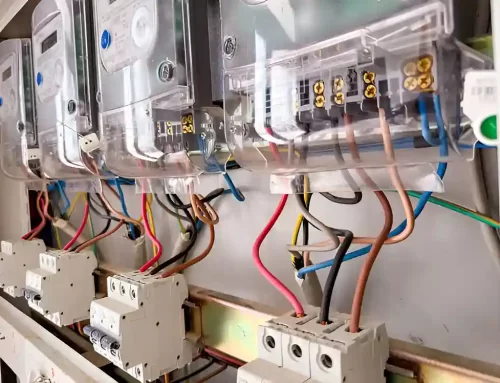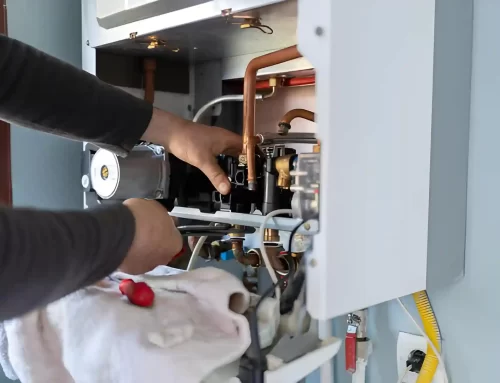
In the United Kingdom, installing a new fuse box—technically termed a consumer unit—is subject to stringent regulations outlined in the British Standards BS 7671. Compliance with these standards necessitates that upon installation, a certificate be issued by a qualified electrician. This certification is not merely a formality but a critical confirmation of the safety and correctness of the electrical setup. Let’s understand Does a New Fuse Box Need a Certificate in Uk?
It serves as a safeguard, ensuring that all electrical components are properly rated and connected, mitigating the risk of electrical faults and hazards. However, one might wonder, what are the implications of failing to secure such certification? What potential legal or insurance challenges could arise from this oversight?
Do I need a certificate for a new fuse board?
When installing a new fuse board in the UK, it is mandatory to obtain a certificate that confirms the installation complies with the electrical safety regulations set forth in the British Standards BS 7671. This requirement ensures that the fuse board installation adheres to rigorous electrical safety standards, safeguarding both property and lives against electrical hazards.
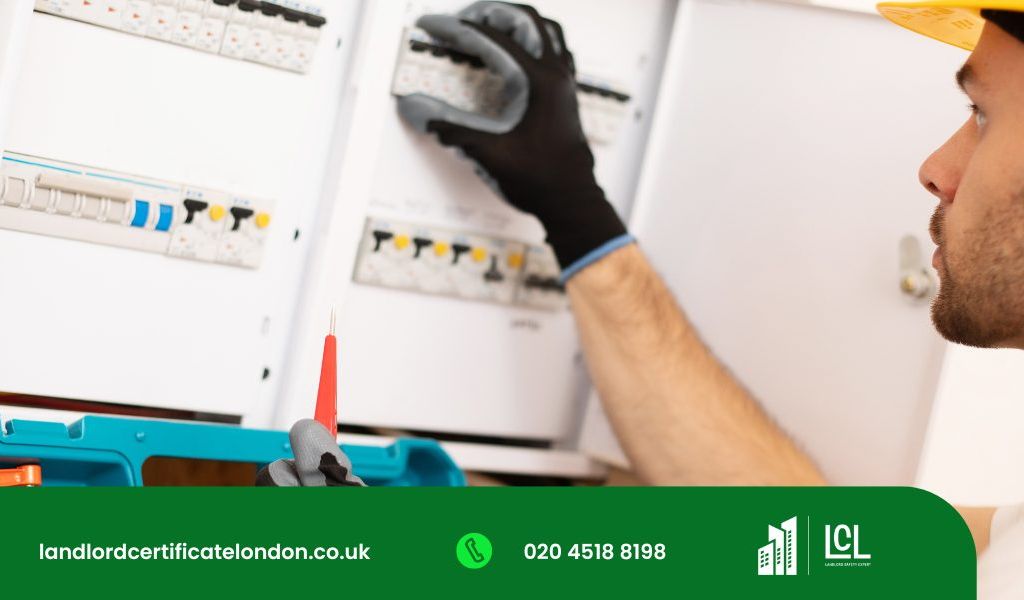
The certification process involves a thorough inspection and testing of the electrical installation by a qualified electrician who is registered with a competent person scheme. This professional must verify that the installation meets all relevant technical and safety standards, including the correct rating and type of circuit breakers and the integrity of the earthing and bonding connections.
Failure to obtain this certification not only poses serious risks but also contravenes UK law, potentially leading to penalties. Moreover, the certificate serves as a crucial document during property transactions or insurance claims, as it proves the electrical system’s compliance and safety.
For those aiming to master the regulatory landscape of electrical installations, understanding the significance and requirements of this certification is essential. It not only underscores the technical proficiency needed during the installation but also highlights the ongoing commitment to safety and compliance within the electrical profession.
Are old fuse boxes illegal in the UK?
Old fuse boxes in the UK are not inherently illegal; however, their continued use may raise concerns regarding compliance with current electrical safety standards as outlined in the British Standards BS 7671.
The principal issue with older fuse boxes, often known as consumer units, lies in their failure to meet enhanced safety mechanisms now deemed essential. Most old systems lack RCD (Residual Current Device) protection, which is crucial to safeguard against electric shock and fire hazards.
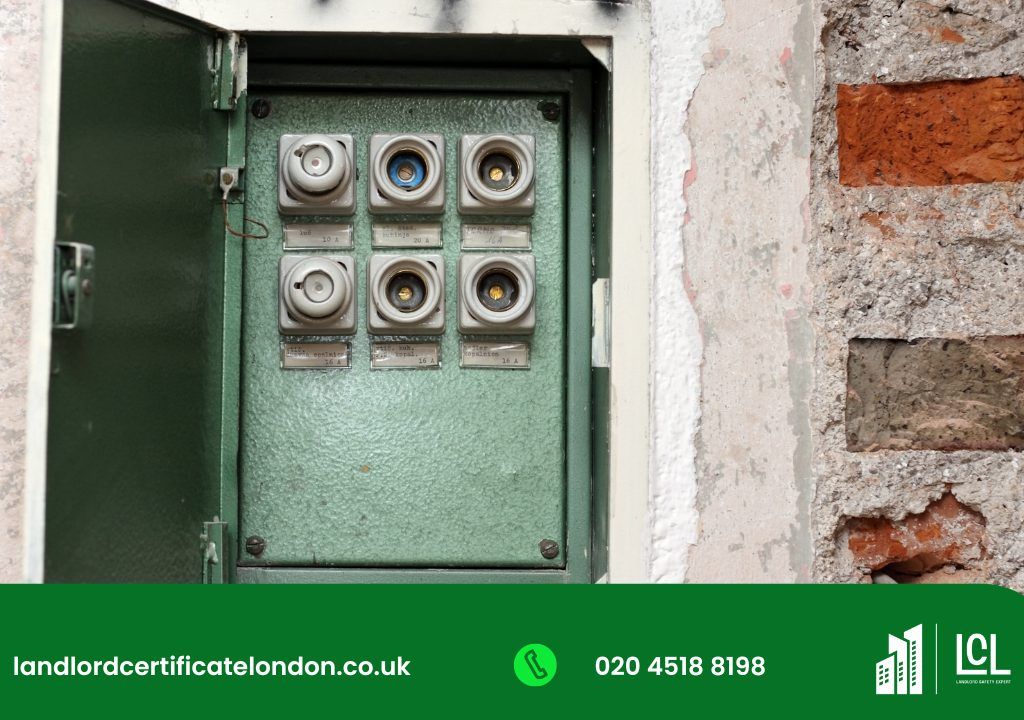
The BS 7671 regulations, which encapsulate the UK national standard for electrical installations, mandate that electrical installations should protect against thermal effects, shock, and fire, among other safety requisites.
Consequently, while the possession and operation of an old fuse box are not illegal per se, the implications of maintaining such a unit could render an electrical system non-compliant if it does not meet these critical safety standards.
For homeowners or property managers, understanding the implications of these regulations is vital.
Upgrading to a modern consumer unit that adheres to the latest safety norms not only aligns with electrical standards but significantly enhances overall fuse box safety.
Continuous inspection and testing are recommended to ensure compliance and safety of the electrical installation within residential and commercial properties.
Is a fuse board change notifiable?
In the UK, any significant alteration to an electrical installation, including the replacement of a fuse board, is typically considered a notifiable action under the Building Regulations Part P. This requirement ensures that such changes adhere to stringent fuse board regulations and maintain electrical safety compliance. The notification process involves local authorities to ensure that the installation meets safety standards and is executed by a competent person.
| Aspect | Detail | Importance |
|---|---|---|
| Notification | Mandatory for fuse board changes | Ensures compliance |
| Safety | Assessed by certified electricians | Prevents hazards |
| Regulations | Governed by Building Regulations Part P | Standardizes safety |
| Documentation | Requires a certificate of compliance | Legal verification |
| Inspection | Must be conducted post-installation | Confirms adherence |
The significance of notification extends beyond mere procedural adherence; it is a critical component of maintaining a safe and compliant electrical infrastructure. Non-compliance can lead to severe penalties, including fines or mandatory corrective measures, underscoring the stringent nature of electrical regulation in the UK. This high level of regulation ensures that all electrical installations provide maximum safety and efficiency, aligning with the latest standards and technologies.
Can anyone replace a fuse?
Although replacing a fuse might appear to be a straightforward task, it is essential to understand that not everyone is qualified to undertake this procedure. Proper fuse replacement demands a solid comprehension of electrical systems to ensure safety and functionality. It is not merely about finding a similar fuse and installing it; considerations about the circuit’s load capacity and the compatibility of fuse ratings are critical. Those unfamiliar with these aspects should consult a professional.
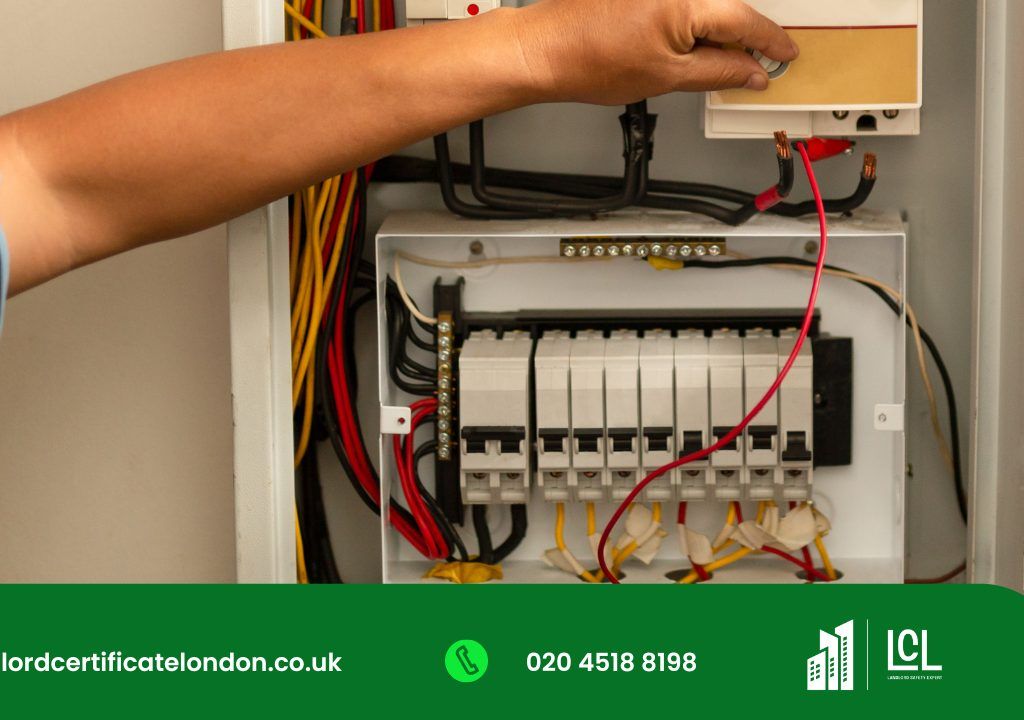
For those considering a DIY approach, several fuse replacement tips and DIY safety precautions are paramount. First, always ensure that the power supply to the fuse box is completely shut off to avoid any risk of electrocution. Use only the correct type and rating of fuse specified for your circuit to prevent overloading. Additionally, it is advisable to wear appropriate protective gear, such as gloves and eye protection, during the replacement process.
Understanding the technicalities involved in fuse operation, such as the differences between slow-blow and fast-acting fuses, is also crucial. Each type serves a specific function, and incorrect replacements can lead to circuit damage or fire hazards.
Therefore, while the task might seem simple, mastering the intricacies of fuse replacement is essential for maintaining electrical safety and compliance.
Do electricians need a license UK?
Navigating the regulatory landscape of the UK’s electrical industry, it is imperative to note that electricians are required to hold a valid license to carry out most electrical work legally. This licensing framework is designed to ensure that all practitioners meet the rigorous standards of safety and competence expected in the field.
In the UK, the specific licensing requirements are governed by a set of comprehensive electrical regulations, which are enforced to standardize the quality of electrical installations and maintenance. These regulations stipulate that anyone engaged in electrical work must be adequately trained and certified according to the National Occupational Standards.
The principal certifications include the NVQ Level 3 for Electrical Installation or Maintenance and additional qualifications for specialized tasks like inspection and testing.
Moreover, professional electricians are often required to be registered with an authorized body such as the National Inspection Council for Electrical Installation Contracting (NICEIC) or the Electrotechnical Certification Scheme (ECS). Registration with such bodies not only corroborates an electrician’s credentials but also subjects them to periodic assessments to ensure ongoing compliance with the latest safety standards and technical protocols.
Thus, the licensing and registration process is integral in upholding the integrity and safety of electrical services across the UK.
Conclusion
In conclusion, the installation of a new fuse box in the UK mandates adherence to British Standards BS 7671, necessitating a certification that validates compliance with stringent electrical safety regulations. This certification, essential for property transactions and insurance claims, underscores the importance of professional oversight. Only qualified electricians are authorized to execute such installations, ensuring the safety and compliance of the electrical system within residential and commercial properties, thereby safeguarding inhabitants and investments against electrical hazards.
About the Author: LandlordCertificate
Related Posts
Get Social
Recent Posts
- Choosing the Right Consumer Unit for Fuse Box Installation London in Properties
- Electrical Diagnostic London: How Professional Testing Keeps Your Property Safe and Compliant
- Asbestos Management Survey London: Update Your Property Records
- Gas Safety Certificate London: Why Regular Checks Save Money Long-Term
- FRA London Explained: How a Professional Fire Risk Assessment Keeps You Compliant and Safe



